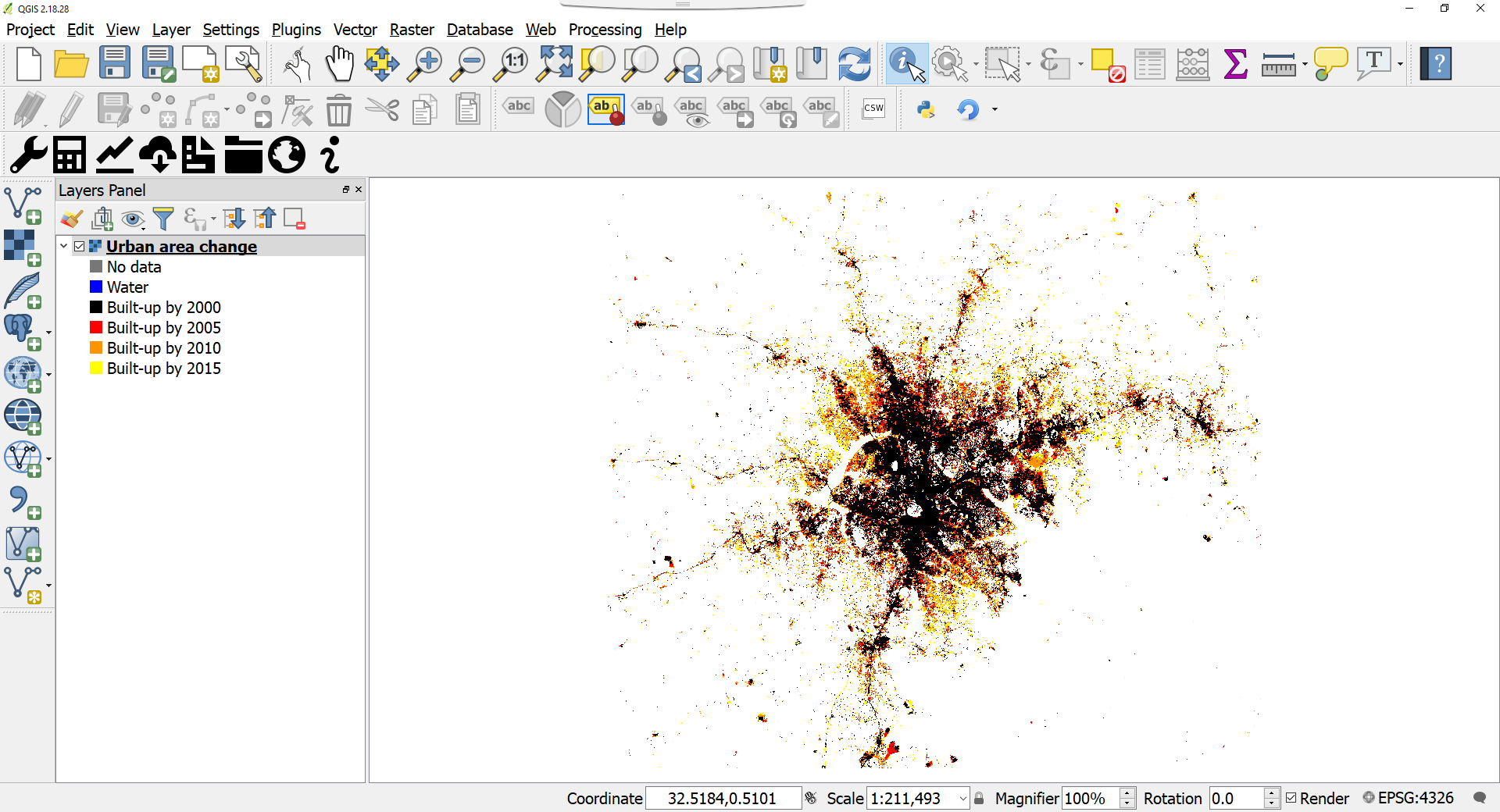Imagine a bustling city, a symphony of sounds and smells, where the air hangs heavy with the scent of exhaust fumes and the streets are choked with traffic. Now imagine that same city, but bathed in the warm glow of the setting sun, its air crisp and clean, the streets alive with people on bicycles and electric scooters. This is the future that awaits us, a future shaped by the urgency of climate change and the need to adapt to a 1.5°C world. This is the future of urban consumption.

Image: www.businesstoday.in
Our current model of urban consumption, characterized by rampant consumerism, is unsustainable. The relentless pursuit of “more” is leaving a heavy footprint on our planet, exacerbating the very climate crisis that threatens our future. But the good news is, change is possible. This shift towards sustainability is not just about saving the planet; it’s about building a healthier, more equitable, and truly livable future for ourselves and for generations to come.
Reimagining Urban Consumption: A 1.5°C World Blueprint
In a 1.5°C world, urban consumption must undergo a profound transformation. We must move away from a throwaway culture and embrace a circular economy, where resources are used efficiently and waste is minimized. This shift requires a holistic approach, encompassing:
1. Sustainable Production and Consumption:
- Local Sourcing: Prioritizing local food production and sourcing materials from within a city or region minimizes transportation-related emissions and supports local communities.
- Circular Economy Practices: This involves designing products for longevity, reusing and repurposing waste materials, and investing in repair and refurbishment services.
- Sharing Economy: Sharing platforms for everything from cars and bikes to tools and clothes promote resource efficiency and reduce individual ownership.
2. Smart Urban Infrastructure:
- Efficient Transportation Systems: Prioritizing public transport, cycling infrastructure, and walking paths encourages active travel and reduces reliance on private vehicles.
- Green Building & Urban Greenery: Implementing green building practices and integrating green spaces into urban environments improves air quality and creates cooling effects.
- Smart Grids and Renewable Energy: Transitioning away from fossil fuels and harnessing renewable energy sources like solar and wind power is crucial for a sustainable future.

Image: docs.trends.earth
3. Responsible Consumption Habits:
- Conscious Consumerism: Making informed choices about the products we buy, considering their environmental and social impact.
- Minimalism and Sustainable Living: Embracing a minimalist lifestyle, reducing unnecessary consumption and prioritizing experiences over material possessions.
- Digital Detox: Reducing our reliance on energy-intensive electronics, opting for conscious digital practices and minimizing screen time.
Expert Insights for a Sustainable Urban Future
Experts in urban planning, sustainability, and economics are already working to implement these changes. They emphasize the importance of systemic solutions, collaborative efforts, and public engagement.
“We need to move beyond individual actions and work towards systemic change,” says Dr. Sarah Jones, a renowned urban planner. “Policy interventions, infrastructure investments, and behavior change programs need to work in concert to create a truly sustainable urban environment.”
Actionable Steps for a Sustainable Urban Future
Here are some actionable steps you can take to contribute to a sustainable urban future:
- Support Local Businesses: Buy groceries from farmers’ markets, choose local restaurants, and support businesses committed to sustainability.
- Reduce Food Waste: Plan your meals, store food properly, and compost organic waste.
- Choose Sustainable Transportation: Opt for public transport, cycling, or walking whenever possible.
- Reduce Your Consumption: Buy less, buy better, and prioritize experiences over material possessions.
The Future Of Urban Consumption In A 1.5 C World
Conclusion
The future of urban consumption in a 1.5°C world is a future we can shape. We have the knowledge, the technology, and the power to create more sustainable and resilient cities. By embracing a new paradigm of consumption, we can create a future where our cities are not just vibrant but also environmentally responsible, socially just, and truly livable. Let’s choose to be part of the solution. Together, we can build a brighter future for our cities and for generations to come.






